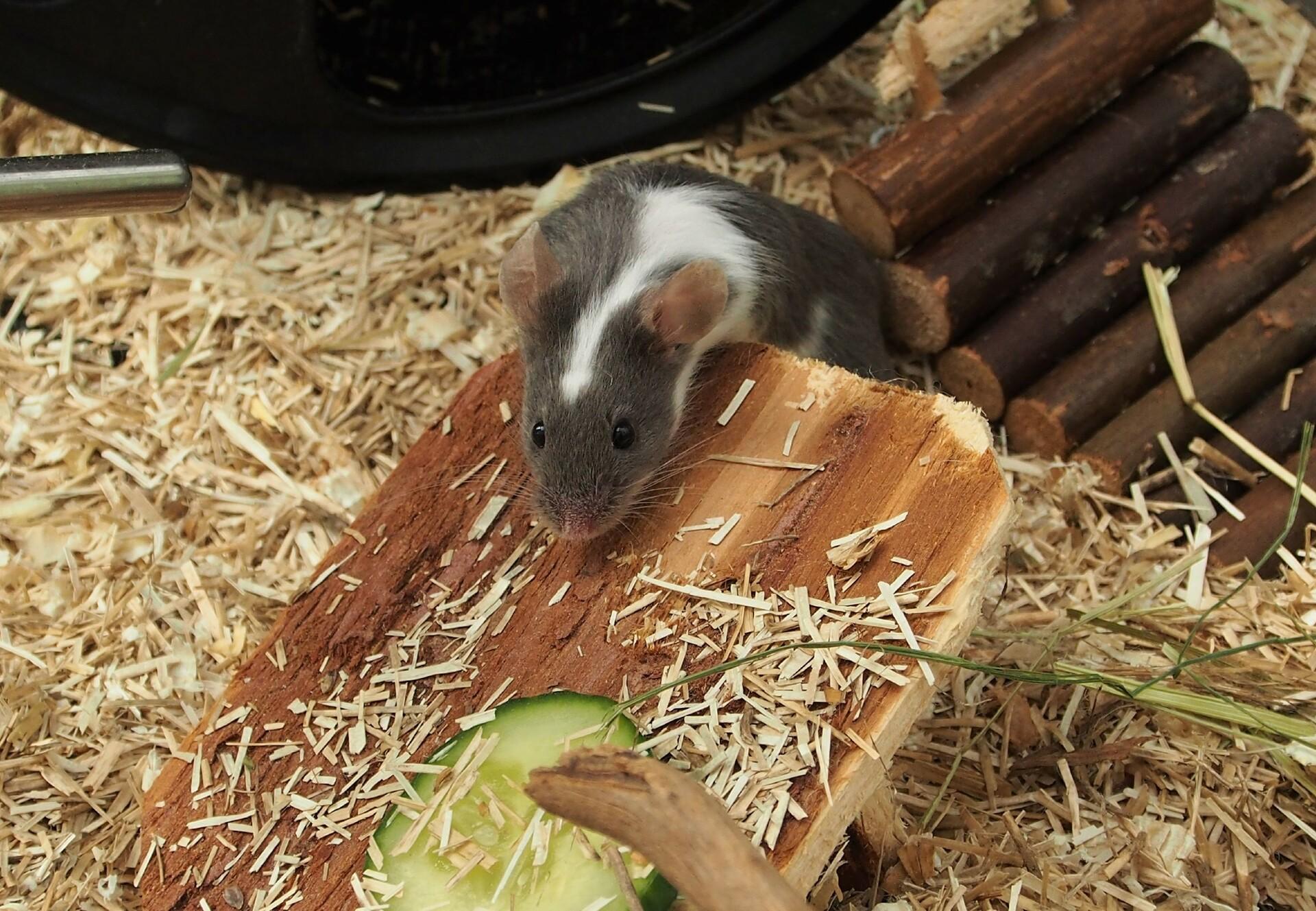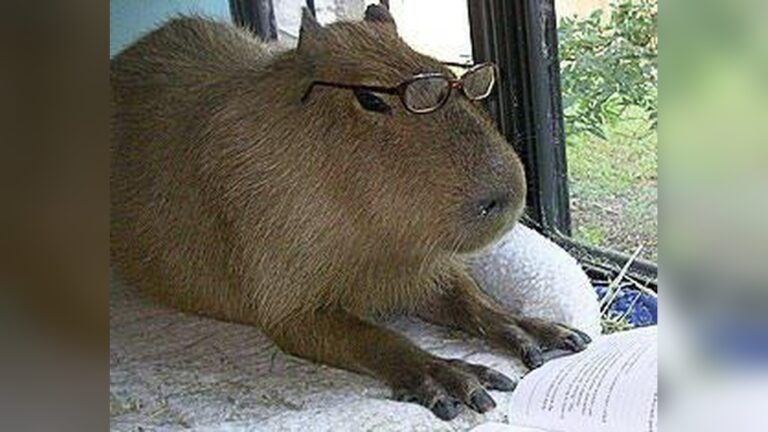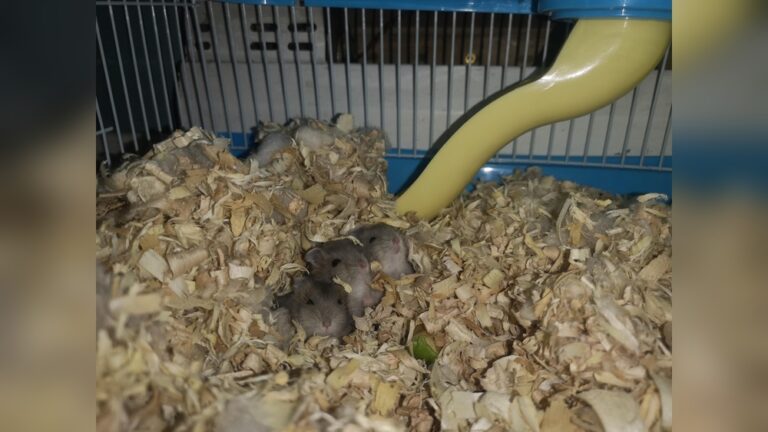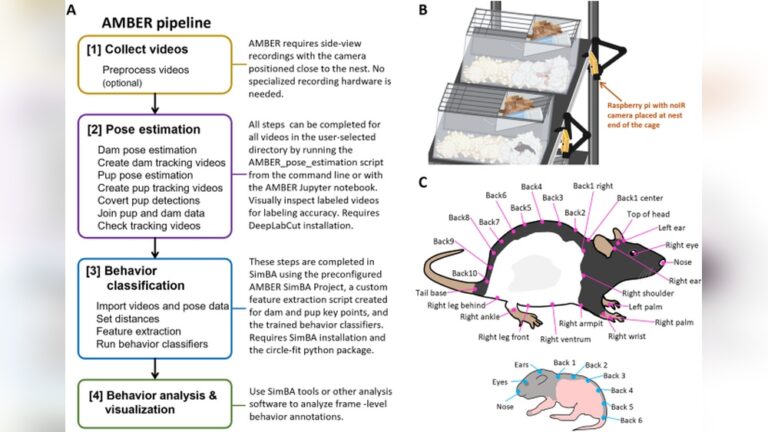Rodent Habitats: Uncover Hidden Secrets & Protect Your Home
Have you ever wondered where rodents choose to live and why they thrive in certain places? Understanding rodent habitats can help you protect your home and stay one step ahead of unwanted visitors.
Whether you’re dealing with mice in the kitchen or squirrels in the attic, knowing their favorite spots and habits is key. Keep reading to discover surprising facts about where rodents hide, what attracts them, and how you can keep your space rodent-free.
Your peace of mind starts with knowing their world.
Common Rodent Habitats
Rodents live in many different places. Their habitats depend on the species and environment. Understanding these places helps in managing and preventing rodent problems.
Rodents choose spots that offer food, shelter, and safety. They adapt well to both indoor and outdoor spaces. Each habitat has unique features that attract rodents.
Indoor Nesting Spots
Rodents often nest inside buildings. Common spots include wall voids, attics, and basements. They like quiet, dark places with easy access to food.
Kitchen cabinets and storage rooms also provide food and shelter. Cluttered areas make perfect hiding places. Warm areas near appliances are popular too.
Outdoor Hideouts
Outdoors, rodents hide in dense vegetation and piles of debris. Woodpiles and compost heaps offer shelter and food. Burrows underground provide safety from predators.
Rodents use hollow logs and thick bushes to stay hidden. Gardens and fields attract rodents because of food availability. These spots protect them from weather and threats.
Urban Vs Rural Areas
Urban rodents live in sewers, basements, and buildings. They rely on human waste and food scraps. Crowded places give them many hiding spots.
Rural rodents prefer fields, barns, and farm buildings. They feed on crops and stored grains. Open spaces and natural cover suit their needs better.
Both urban and rural rodents adapt well to their surroundings. Their habitat choices affect how they impact human spaces.

Credit: www.four-paws.org
Signs Of Rodent Presence
Rodents leave clear signs when they invade a space. Spotting these signs early helps stop bigger problems. Knowing what to watch for protects your home and health.
Droppings And Tracks
Rodent droppings are small and dark. They often cluster near food or hiding spots. Tracks appear as tiny footprints in dust or soft soil. Finding these marks shows rodents are nearby.
Gnaw Marks And Damage
Rodents chew on wood, wires, and packaging. Fresh gnaw marks look light and clean. Old marks darken over time. Damage to food containers or insulation hints at rodent activity.
Unusual Noises
Scratching or scurrying sounds at night suggest rodents. These noises come from walls, ceilings, or behind appliances. Silence during the day is normal; night sounds are a warning.
Why Rodents Choose Your Home
Rodents are clever creatures that find homes where they can survive easily. Your house offers many things rodents need. They look for places that give food, shelter, and water. Understanding why rodents choose your home can help you keep them away.
Food Sources
Rodents need food every day. Your kitchen and pantry hold many tasty treats for them. Crumbs on the floor, uncovered food, and garbage cans are perfect snacks. Even pet food left out can attract rodents. They prefer easy meals with little effort.
Shelter And Warmth
Rodents seek safe places to hide and rest. Your walls, attic, and basement offer quiet shelters. Small holes and cracks become perfect entrances. They like warm spots during cold seasons. Insulation and clutter make cozy nests for their families.
Water Availability
Water is crucial for rodents’ survival. Leaky pipes, pet bowls, and sinks provide steady water sources. Moist areas like bathrooms and kitchens attract them. Even small drops or condensation can keep them healthy. They stay near water to avoid long trips.
Health Risks From Rodent Infestations
Rodent infestations pose serious health risks to humans. These small animals carry many germs and bacteria. Their presence in homes or workplaces can lead to dangerous health problems. Understanding these risks helps protect families and communities.
Diseases Carried By Rodents
Rodents spread diseases like hantavirus, leptospirosis, and salmonella. They carry germs in their urine, droppings, and saliva. Contact with these germs can cause severe illness. Some diseases spread through bites or scratches. Avoiding rodent contact reduces the chance of infection.
Allergic Reactions
Rodent droppings and urine can trigger allergies. Dust and dander from rodents worsen asthma symptoms. Children and elderly people are more at risk. Breathing problems, sneezing, and skin rashes are common signs. Keeping spaces clean helps lower allergy risks.
Contamination Of Food
Rodents contaminate food with their droppings and fur. This contamination causes food poisoning and stomach problems. They chew food packaging, making it unsafe to eat. Storing food in sealed containers prevents rodent access. Regular cleaning stops contamination and health hazards.
Preventing Rodent Entry
Preventing rodents from entering your home is key to keeping them away. Rodents search for food, water, and shelter. Blocking their access stops problems before they start. Simple steps can create a strong barrier.
Sealing Entry Points
Rodents enter through small gaps and holes. Check around doors, windows, and pipes. Use steel wool or caulk to fill cracks. Repair torn screens and damaged vents. A tight seal keeps rodents outside.
Proper Food Storage
Rodents smell food easily. Store food in airtight containers made of metal or glass. Avoid leaving crumbs or spills on counters. Keep pet food sealed and off the floor. This reduces attraction for rodents.
Maintaining Cleanliness
Clean homes are less inviting to rodents. Remove garbage regularly and use sealed bins. Sweep and mop floors to eliminate crumbs. Clear clutter where rodents can hide. A clean space discourages rodent nesting.

Credit: pestagent.ca
Safe Rodent Control Methods
Controlling rodents safely is important for health and home. Harmful chemicals can hurt pets and children. Using safe methods keeps everyone protected. These methods help remove rodents without danger.
Traps And Baits
Traps catch rodents without poison. Snap traps kill quickly and reduce pain. Place traps along walls where rodents travel. Bait traps with peanut butter or cheese. Check traps often to remove caught rodents. Avoid using poison baits around kids and pets.
Natural Repellents
Natural repellents keep rodents away without harm. Peppermint oil, used cotton balls, works well. Mice dislike the strong smell. Place cotton balls in corners and holes. Other options include clove oil and vinegar. These scents confuse rodents and make areas less inviting.
When To Call Professionals
Large infestations need expert help. Professionals use safe tools and methods. They find hidden nests and block entry points. Experts can protect your home long-term. Call professionals if traps and repellents fail. Early help avoids bigger problems and damage.
Long-term Home Protection
Protecting your home from rodents is important for many years. Rodents cause damage and spread germs. A strong plan helps stop them from making nests nearby. Long-term home protection means checking your home often and keeping it clean. Everyone in the house must help to keep rodents away.
Regular Inspections
Check your home often for signs of rodents. Look for droppings, chewed wires, and holes. Inspect basements, attics, and behind appliances. Early detection stops big problems later. Use a flashlight to see dark corners. Keep a notebook to track any findings. Call a professional if you find many signs.
Yard Maintenance
Keep your yard clean and tidy. Cut tall grass and remove piles of wood. Clear away fallen leaves and trash. Store firewood away from your house. Trim bushes and trees near walls. Rodents like hidden places to hide. A neat yard makes it hard for them to live close.
Educating Household Members
Teach everyone in your home about rodents. Explain why keeping clean is important. Show them how to spot rodent signs. Ask them to report anything unusual. Make sure trash is sealed and food is stored well. Teamwork helps protect your home better. Everyone’s effort counts in keeping rodents away.

Credit: www.amazon.com
How Smart Pets Lover Can Help You with Rodent Habitats
Exploring Rodent Habitats as a Learning Opportunity
Understanding common rodent habitats offers more than just insight into where these critters might nest—it opens doors to practical learning about wildlife behavior and home safety. When you spot signs of rodent presence, like gnaw marks or droppings, it’s a chance to sharpen your observation skills and deepen your connection with the environment around your home.
By paying attention to why rodents choose certain areas, you learn valuable lessons in prevention and safe rodent control methods. This knowledge not only protects your living space but also helps nurture a respectful coexistence with nature, aligning with the spirit of responsible pet ownership that we cherish at Smart Pets Lover. After all, every paw and whisker has a story, and understanding the stories of other creatures enriches that bond.
If you want to dive deeper into rodent habits or need advice tailored to your household, local wildlife centers or pest management professionals can be a great resource. Remember, learning about rodent habitats is a step toward a healthier, safer home for you and your furry friends alike.
Frequently Asked Questions
What Are Common Rodent Habitats In Urban Areas?
Rodents in urban areas often inhabit sewers, basements, and abandoned buildings. They seek shelter near food sources and warm places. Trash bins and cluttered spaces are also common rodent habitats. These areas provide safety and easy access to food, aiding their survival in cities.
How Do Rodents Choose Their Natural Habitats?
Rodents select habitats based on food availability, shelter, and safety from predators. They prefer areas with dense vegetation or burrows. Moisture and temperature also influence habitat choice. These factors ensure survival, reproduction, and protection in diverse environments.
Can Rodents Live Indoors, And Where Do They Hide?
Yes, rodents can live indoors, hiding in walls, attics, and cupboards. They prefer dark, quiet places near food and water. Cluttered areas and unused spaces are common indoor habitats. Their presence indoors poses health and property risks.
What Types Of Environments Do Wild Rodents Prefer?
Wild rodents favor forests, grasslands, and fields with ample vegetation. They build burrows or nests underground or in dense shrubs. These environments offer food, shelter, and protection from predators. Habitat diversity supports different rodent species worldwide.
Conclusion
Rodents live in many types of places. They choose spots with food and shelter. Understanding their homes helps us stay safe. It also helps protect plants and buildings. Watching for signs of rodents keeps problems small. Taking simple steps can stop rodent troubles early.
Knowing about rodent habitats makes handling them easier. Keep your space clean and sealed tight. This helps keep rodents away for good. Simple actions can make a big difference.







